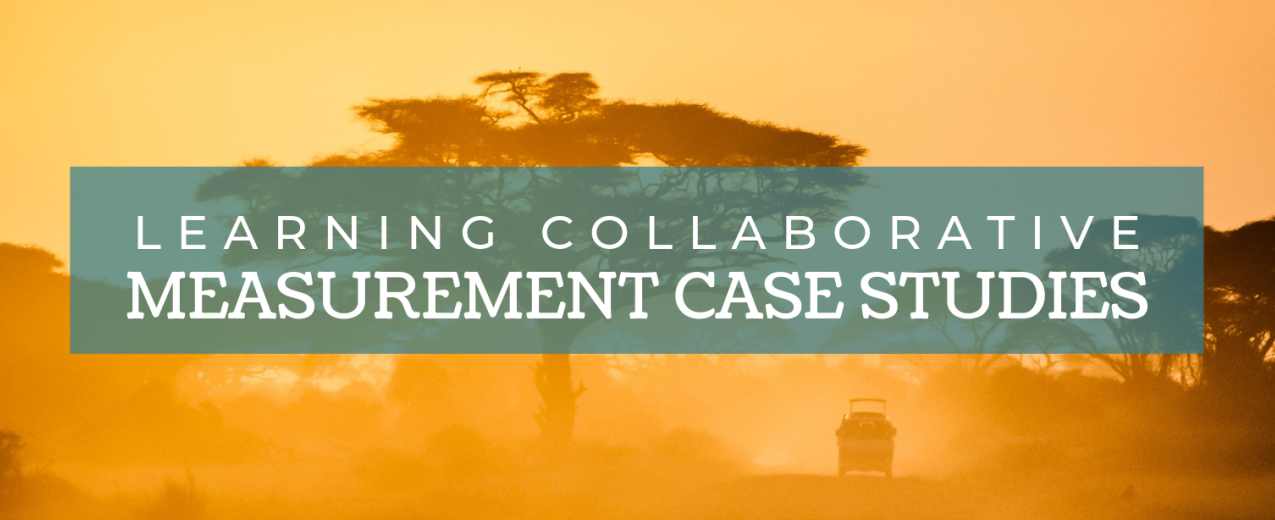
- Project summary
- 13 September 2019
Measuring social and behavioral drivers of child marriage, child discipline, and FGM
- Author: CDavin
- Published by: Social Norms Learning Collaborative
Organizations involved
UNICEF MENARO
Summary
UNICEF’s Middle East and North Africa regional office (MENARO) developed a measurement and monitoring toolkit (2018) with fourteen country offices on violent discipline, female genital mutilation (FGM) and early marriage. Surveys were developed as standard tools for the Middle East and North Africa (MENA), pre-tested in Jordan, and must be adapted to each context based on qualitative evidence (formative research needs to be conducted). Primary caregivers for children are the target group for the interviews. These tools are now being tested and will be revised as per country offices’ feedback when surveys are conducted, in MENA as well as adapted to other regions in collaboration with West and Central Africa and East Africa, and new topics are considered to develop other surveys (GBV, Child Labor, etc.). Cognitive testing will be the next step to validate them.
Social norms of interest
child discipline, child marriage, FGM, gender norms
Behaviours of interest
child discipline, child marriage, FGM, gender equity
Project components
Starting from a detailed conceptual framework, each office ranked the importance of various behavioral drivers (including social and normative ones) according to the topic and context, and UNICEF subsequently created indicators and questions to measure these drivers. The resulting surveys aim to provide quantitative baselines on behavioural drivers including social norms, and quantitative evidence of program and intervention results.
Social norms measurement
survey items with Likert-scale response items and binary response options, quantitative vignettes, respondent-defined reference groups, importance of reference groups measured with Likert-scale response options.
Key findings to date
Participants ranked social norms and values at the most critical priority to be addressed in child protection programming. Participants were frustrated with their prior inability to show concrete and short-term results at the country level (other than activities monitoring and looking at behavioural prevalence) for the work that they do on social norms and on behaviours influenced by social norms.
Attribution statement
The preferred citation for this tool is: UNICEF MENARO, 2018, Measuring Social and Behavioral Drivers of Child Protection Issues – a guidance tool.
This tool is adapted from the Behavioral Drivers Model - a conceptual framework for social and behaviour change programming, developed by UNICEF MENARO.
To contact the author of this methodology or tool, please contact Vincent Petit.

Map of social norms-focused projects and measurement approaches
- Tags:
- Normative change, Gender-based violence, Child marriage, Female genital mutilation/cutting, Data, tools and measurement
- Countries / Regions:
- Jordan